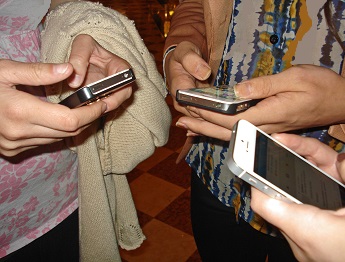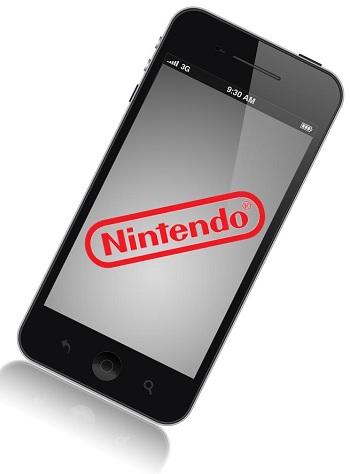While the hottest smartphone games remain popular, previously overlooked titles get a new chance at this time of year.
At this time of year, holiday travelers are on the roads, sitting in airports, or crammed in the seats of planes, buses and trains, heading to various destinations around the world, and mobile gaming has become an important part of that experience.
These mobile games have allowed children and adults alike to remain entertained throughout long wait times.
The trendiest mobile gaming apps are typically easiest for users to find, since they are often featured at the marketplaces from which they can be downloaded. However, for many travelers, who have to spend hour upon hour in waiting areas and in vehicles as they cross the country to be with their loved ones over the holidays, the most popular games aren’t enough. They need more in order to fill that amount of time. This has opened up opportunities for hidden gems to be discovered.
There have been a number of mobile gaming apps that have already started to be found to be diamonds in the rough.
 Among the mobile games that have seen considerable increases in their successes due to holiday travelers are:
Among the mobile games that have seen considerable increases in their successes due to holiday travelers are:
• SimpleRockets (By Jundaroo) – this app is available for Android, iOS, and Windows Phone and is a mobile take on the game designed for PC called the Kerbal Space Program, which was highly popular. It requires players to assemble different components to build a rocket ship that will work and take the user to various parts of the moon, the solar system, and the rest of the universe.
• Auralux (By War Drum Studios) – this is a free strategy game app that is simple in design and rules, but complex in the strategy required. It is available for Android and iOS devices and uses the very basics in military planning to create complicated events for defense and capture.
• Virtual Pool Mobile (By Celeris) – this is a mobile gaming alternative to a PC game that had been designed to provide a billiards playing experience that was physically accurate. In fact, the PC game came with a promise that if the accuracy of its physics didn’t allow the player to improve his or her real game of pool, they would get their money back.

 This would use a number of different optimizations and features to be able to take the old games and boost the graphics quality and sound so that the
This would use a number of different optimizations and features to be able to take the old games and boost the graphics quality and sound so that the 